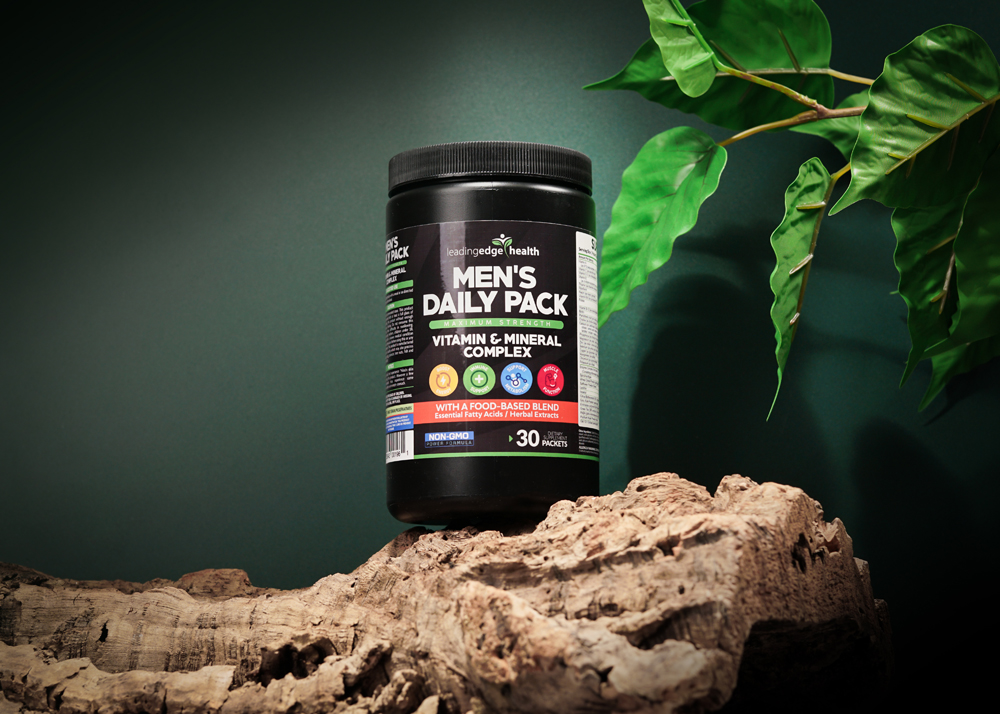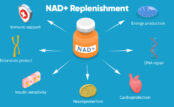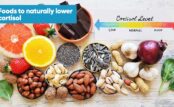In an ideal world, we would all consume perfectly balanced diets rich in fresh fruits, vegetables, lean proteins, and whole grains that provide every vitamin and mineral our bodies need. However, the reality of modern life often presents a different picture. Between busy schedules, processed foods, and changing dietary patterns, many adults struggle to meet their complete nutritional needs through food alone.
The Hidden Reality of Micronutrient Deficiencies
Despite living in an era of abundant food choices, micronutrient deficiencies remain surprisingly common in developed countries. According to research from the Linus Pauling Institute, almost 90% of the US adult population takes less than the estimated average requirement for vitamins D and E, 51% for vitamin A, 43% for vitamin C, 61% for magnesium, and 49% for calcium.
The CDC’s Second Nutrition Report reveals that population ranges from less than 1% for folate, vitamin A, and vitamin E to about 10% for vitamin B6, vitamin D, and iron. For most nutrition indicators, deficiency rates vary by age, gender, or race/ethnicity, and can be as high as 31% for vitamin D deficiency in non-Hispanic blacks.
These statistics highlight what nutritionists call “hidden hunger” – a form of malnutrition where the body lacks essential vitamins and minerals despite adequate caloric intake. Vitamin A, folate, iodine, iron, and zinc are the most common micronutrient deficiencies worldwide and contribute to perinatal complications, poor growth, cognitive impairment, and increased morbidity and mortality.
The Subtle Nature of Nutrient Deficiencies
One of the challenges with micronutrient deficiencies is their subtle nature. Harvard Health notes that most deficiencies are subtle, with few glaring signs, making them difficult to identify without proper testing. Symptoms like fatigue, weakness, or decreased immune function are often attributed to stress or aging rather than nutritional gaps.
For example, a lack of iron, folate and vitamins B12 and A can lead to anaemia. Anaemia is a condition in which there is a reduced number of red blood cells or haemoglobin concentration, causing fatigue, weakness, shortage of breath and dizziness. These symptoms can significantly impact daily functioning and quality of life.
The Modern Diet Challenge
Several factors contribute to widespread micronutrient inadequacies in modern diets:
Food Processing and Soil Depletion: Industrial food processing often strips away essential nutrients, while soil depletion from intensive farming practices can reduce the nutrient content of fruits and vegetables compared to decades past.
Busy Lifestyles: Time constraints lead many people to rely on convenience foods, restaurant meals, and processed options that may be calorie-dense but nutrient-poor.
Dietary Restrictions: While plant-based diets offer many health benefits, they can increase the risk of certain deficiencies, particularly vitamin B12, iron, and zinc, if not carefully planned.
Geographic and Seasonal Limitations: Access to fresh, nutrient-dense foods can vary significantly based on location and season, affecting overall nutrient intake.
The Role of Multivitamins: A Balanced Perspective
Recent large-scale studies have provided important insights into multivitamin supplementation. While daily multivitamin use was not associated with lower risk of death in healthy adults, this doesn’t diminish their potential value for addressing specific nutritional gaps.
Harvard research indicates that taking a multivitamin does not reduce the chance of heart disease or mental decline, but it does reduce the risk of being diagnosed with cancer or developing cataracts. This suggests that while multivitamins may not be a cure-all, they can provide targeted benefits for certain health outcomes.
Who Benefits Most from Daily Multivitamins?
Multivitamins can be particularly beneficial for specific populations:
Older Adults: Age-related changes in digestion and absorption can increase nutrient needs while decreasing dietary intake.
Individuals with Restrictive Diets: Those following vegan, vegetarian, or medically-prescribed elimination diets may benefit from supplementation to prevent deficiencies.
People with Increased Nutrient Needs: Pregnant women, athletes, and individuals recovering from illness may have elevated nutrient requirements that are difficult to meet through food alone.
Those with Limited Food Access: Geographic, economic, or lifestyle factors that limit access to diverse, nutrient-dense foods.
Quality Matters: Choosing the Right Multivitamin
Not all multivitamins are created equal. When selecting a daily multivitamin, consider:
- Bioavailability: Look for forms of nutrients that are easily absorbed by the body
- Comprehensive Coverage: Ensure the formula includes a broad spectrum of essential vitamins and minerals
- Appropriate Dosing: Avoid mega-doses that exceed safe upper limits
- Third-Party Testing: Choose products that undergo independent quality verification
- Whole Food Sources: Vitamins derived from real foods may offer better absorption and utilization
The Bottom Line
While multivitamins are not a substitute for a healthy diet, they can serve as valuable nutritional insurance for many adults. The goal should always be to eat a varied, nutrient-dense diet first, with supplementation filling in the gaps where needed.
As our understanding of nutrition continues to evolve, the evidence suggests that for many people, a daily multivitamin represents a low-risk, potentially beneficial addition to a healthy lifestyle. However, it’s always wise to consult with a healthcare provider before starting any supplementation regimen, especially if you have underlying health conditions or take medications.

Leading Edge Health’s Men’s Daily Pack: Comprehensive Male Nutrition
For men seeking a complete nutritional solution, Leading Edge Health’s Men’s Daily Pack offers a targeted approach to male wellness. This comprehensive supplement system goes beyond basic multivitamins by providing 102 high-quality nutrients specifically formulated for men’s unique physiological needs.
The Men’s Daily Pack addresses the common challenge of maintaining consistent supplement routines by packaging everything into convenient daily packets. Each packet contains a carefully balanced blend of vitamins, minerals, antioxidants, and essential fatty acids derived from 42 different fruits and vegetables. This whole-food approach may offer superior absorption compared to synthetic alternatives.
What sets the Men’s Daily Pack apart is its inclusion of male-specific nutrients like Saw Palmetto and Pygeum Africanum bark, traditionally used to support prostate health and male vitality. The formula also provides omega-3, 6, and 9 fatty acids, eliminating the need for separate fish oil supplements. With a 67-day money-back guarantee and manufacturing in FDA-regulated facilities in the USA, the Men’s Daily Pack represents a comprehensive approach to filling nutritional gaps while supporting the demands of an active male lifestyle.
References:
- Linus Pauling Institute, Oregon State University. “Micronutrient Inadequacies in the US Population: an Overview.” March 2025.
- Centers for Disease Control and Prevention. “About the Second Nutrition Report.” May 2024.
- World Health Organization. “Micronutrients.” December 2019.
- Harvard Health Publishing. “The truth about nutrient deficiencies.” June 2022.
- National Cancer Institute. “Daily Multivitamin Not Associated with Lower Risk of Death.” June 2024.
- Harvard Health Publishing. “Do multivitamins make you healthier?” April 2022.
- NCBI Bookshelf. “Nutrition: Micronutrient Intake, Imbalances, and Interventions.” StatPearls.
- National Institutes of Health. “For healthy adults, taking multivitamins daily is not associated with a lower risk of death.” June 2024.





